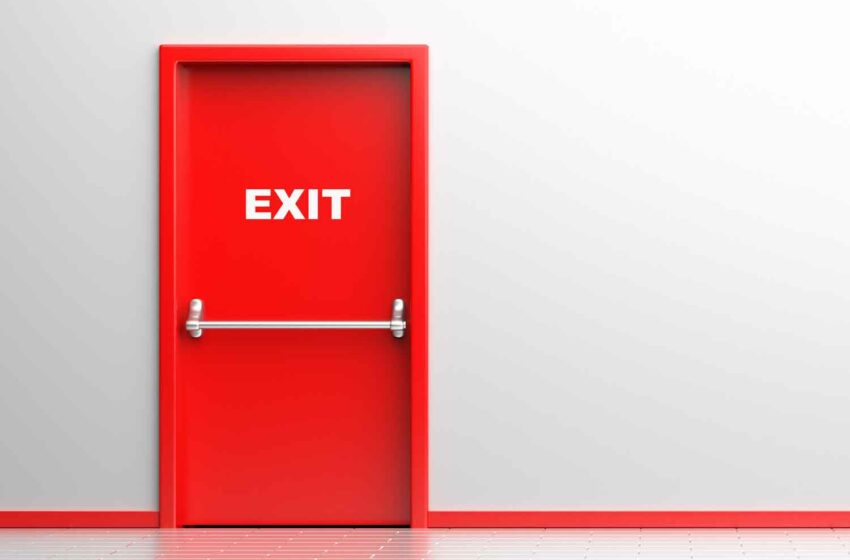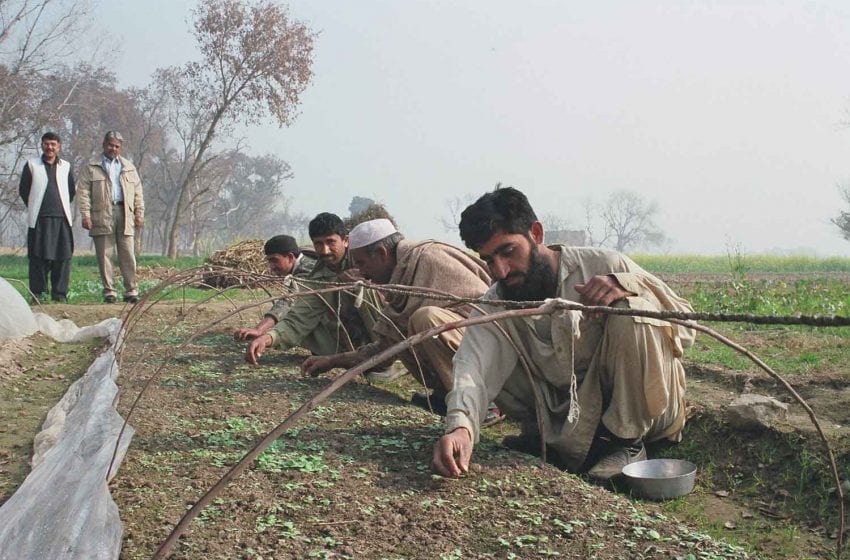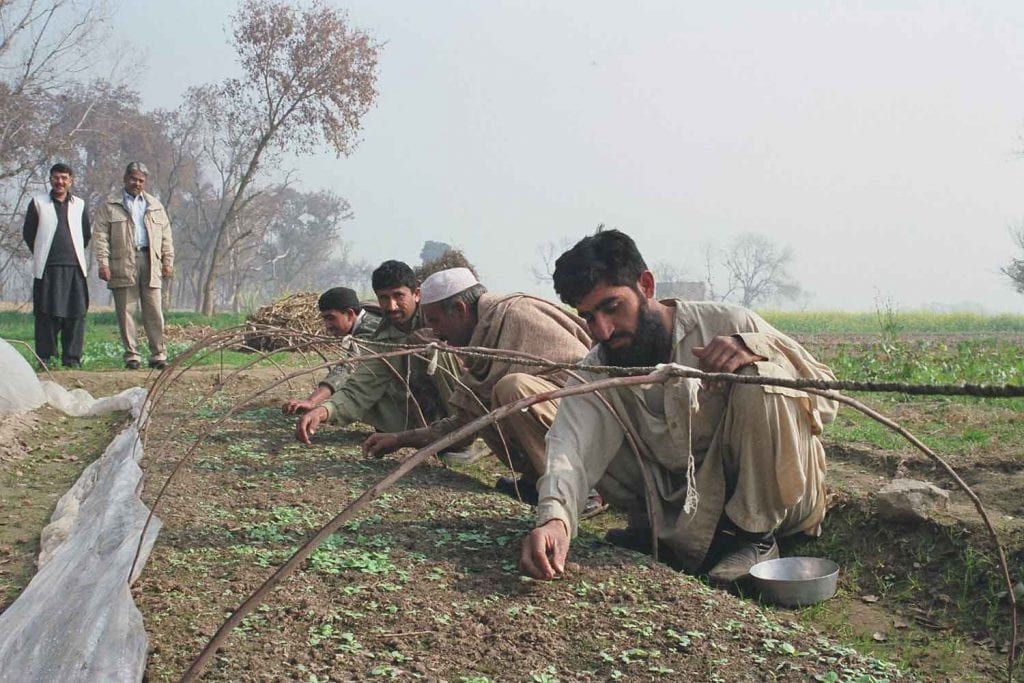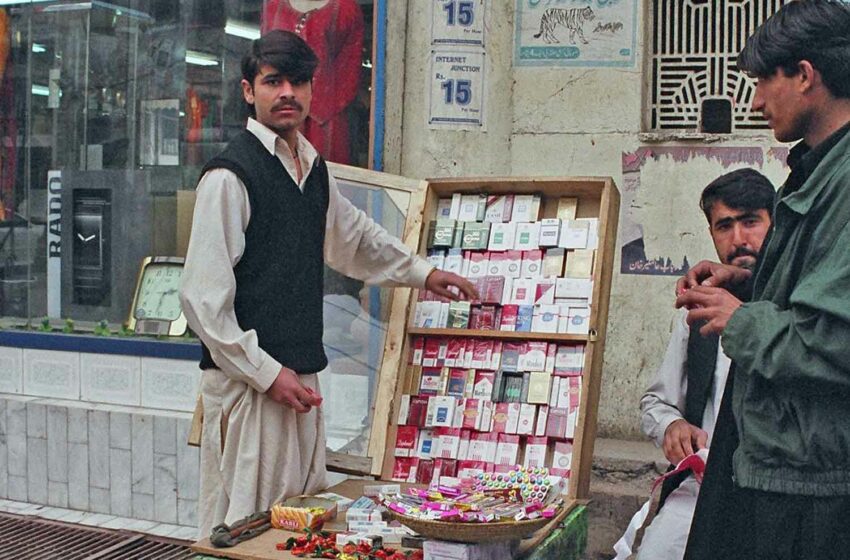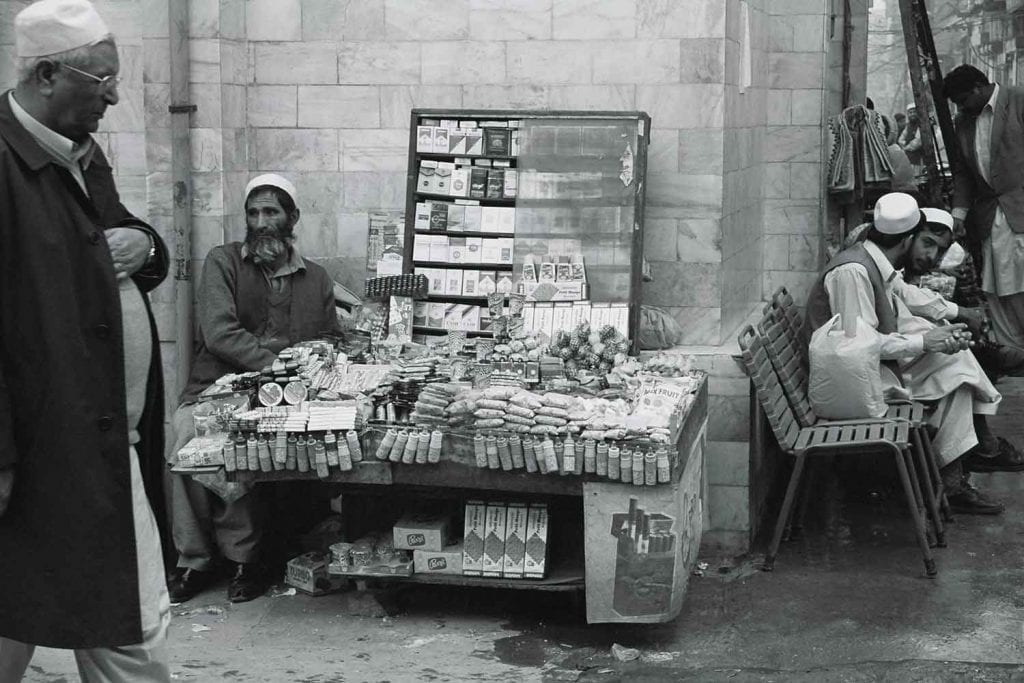
British American Tobacco may pull out of Pakistan if the government further increases cigarette taxes, a company representative warned during meetings with Prime Minister Shehbaz Sharif and the Special Investment Facilitation Council national coordinator General Sarfraz Hussain.
According to BAT, existing taxation has already caused its sales in Pakistan to slump by 38 percent and increased the size of the illicit market to 58 percent of nationwide cigarette sales. In the previous budget, the government significantly increased taxes on tobacco, which instead of curbing smoking resulted in shifting smokers from tax-paid expensive brands to cheaper illicit brands, the company noted.
“The past couple of years’ developments on fiscal policies have raised questions about the sustainability of the company’s operations in Pakistan,” Michael Dijanosic, BAT’s regional director for Asia Pacific, Middle East and Africa, was quoted as saying by The Express Tribune.
If there is a repeat of last year’s tax increase, there is no reason the company should not exit Pakistan, he said.

The past couple of years’ developments on fiscal policies have raised questions about the sustainability of the company’s operations in Pakistan.
Michael Dijanosic, regional director for Asia Pacific, Middle East and Africa, BAT
The regional director said that the federal excise duty increased by 73 percent in real terms, making it unviable to do business. He also said that despite a 73 percent inflation-adjusted increase in taxes, the government’s revenues grew only 8 percent in real terms due to the slump in sales.
Any further increase in federal excise duty rates in the budget would bring the company’s factories to a standstill, the BAT official warned.
According to Dijanosic, the formal tobacco sector paid nearly PKR700 billion ($2.51 billion) in taxes to the government during the past five years. PTC has also invested in a global business center in Lahore and plans to expand operations if the government reviews its taxation policies.
PTC has been exporting cigarettes to numerous markets since 2019 and has so far earned $156 million for the country. For the next fiscal year, the company is targeting $60 million in exports, but one-third of the order is at stake due to the Ministry of Health’s reluctance to amend the Statutory Regulatory Order, which prohibits the sale of cigarettes in packs of 10 sticks, for export orders.
In March, the prime minister awarded the second-highest taxpayer award to PTC in all categories of taxes.

